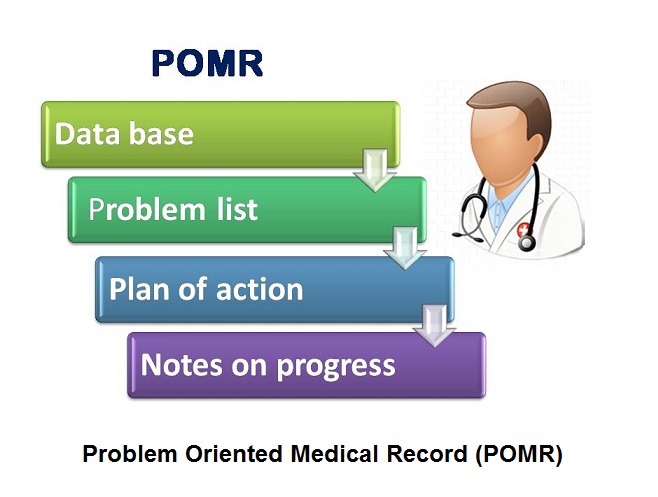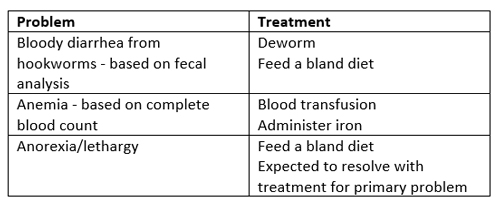A Physician’s Impact on Veterinary Healthcare

A Physician’s Impact on Veterinary Healthcare
The New York Times obituary column chronicles the lives of fascinating people. Last Thursday’s column included Lawrence Weed, MD. You might be asking yourself why a veterinary blog would choose the obituary of a physician as a topic, but this distinguished physician has had an ongoing impact on the veterinary care your pet receives. His impact is so important, that I remember watching a video of Dr. Weed giving a presentation when I was in veterinary school.
Problem Oriented Medical Record (POMR)
Dr. Weed pioneered the problem oriented medical record used widely in both veterinary and human medicine. He developed this system to create an organized and thorough system of medical record keeping, especially useful in patients with multiple problems. In Dr. Weed’s POMR, each patient has a master problem list which is a list summarizing all the issues that patient has. The POMR includes the chief complaint as described by the patient, or at AMC the pet owner, and physical examination findings, laboratory data, and diagnostic imaging results. All this information is organized in the SOAP.
SOAP is Not Just for Washing
The daily SOAP is a critical component of the POMR. SOAP stands for Subjective, Objective, Assessment and Plan. At AMC, hospitalized pets are examined and have a SOAP updated twice daily. This system of record keeping helps AMC veterinarians focus on physical and laboratory changes. The POMR assists us in making a logical therapeutic plan aimed at correcting the problems that have been identified in your pet. In the subjective section of the SOAP, veterinarians record things like the mental state of the pet – findings like dull or bright, or responsive and nonresponsive. Objective measurements include the physical exam findings like vital signs, obesity, hair loss, or the presence of a lump. Usually we make objective measurements one body system at a time. When we organize our assessment of the patient, we list all the problems identified, propose potential diagnoses, and use that list to develop the final part of the SOAP, the plan. As your pet responds to treatment, some problems go away and new ones develop; the problem list and the plan get revised.
An Example
To make this process more real, here is the problem list and treatment plan for a dog diagnosed with anemia from hookworm infestation.

But Who Really Cares?
Every pet owner should care about a thorough and organized medical record. It means your veterinarian is focusing on your pet’s specific list of problems to develop an individualized treatment plan. If your usual veterinarian is not available, an organized list of problems and treatments helps the backup veterinarian rapidly understand your pet’s medical condition. For me, the process of organizing my thoughts into a POMR helps solidify the plan in my mind. I can then much more clearly and concisely articulate the plan to you so you have reasonable expectations for your pet’s recovery.
Godspeed Dr. Lawrence Weed, the pets of the world thank you for your contributions to their care.

































